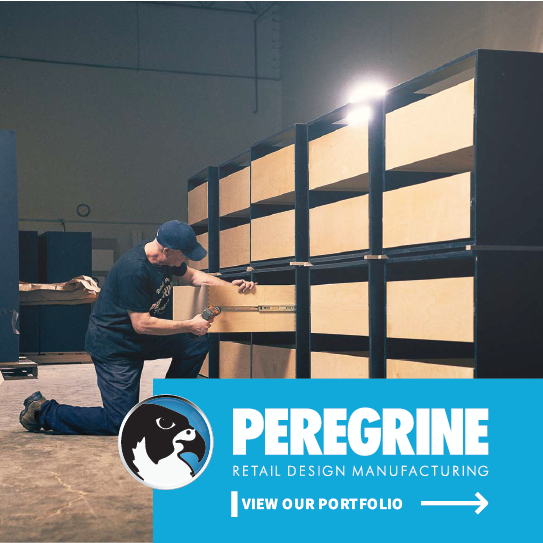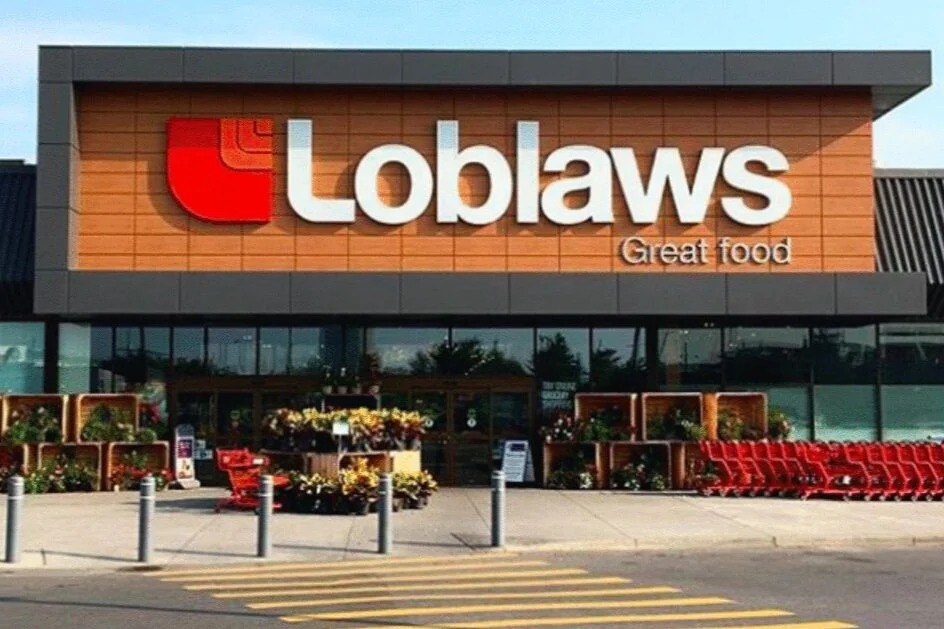Why Forever 21’s Lack of Customer Experience in Canada Led to its Demise: Expert
/[Photo: Hans Olav Lien/Wikimedia Commons]
By Aleena Mazhar, VP and Partner at FUSE
Retail stores need more than just good product to back up their sales. This is apparent with the announcement of Forever 21 closing all Canadian stores as it looks to restructure and refocus the business in the United States as well as Mexico and Latin America.
Recently, Canadian retail sales have gone down. This can be attributed to various reasons – the increase in consumer debt leading people to spend less, or consumers being more environmentally conscious has resulted in their holding on to clothes longer – but the efforts of retailers cannot go unnoticed. In a study done by Statistics Canada, retail sales are only up 1.8 per cent compared to last year, which is among the lowest gains in a decade. Retailers must look outside the box in non-traditional spaces to attract and retain customers.
Shoppers have a different expectation of retailers and how their spaces inspire brand interaction. This has led to the rise of experiential retail – the convergence of experiential marketing within the retail environment. Shoppers are looking for an experience that brings them closer and connects them to brands in a more immersive way. They are looking to touch, feel, and be educated on brands in a more personal way than is possible in other channels. This has changed how retailers are visualizing the shopper experience within their storefronts from functional to brand experience centres. Forever 21 struggled with this, having no existence of an immersive or differentiated shopper experience present in their stores.
Experiential marketing creates human connection between brands and their consumers in ways that are personal and drive influence. This influence comes from experiencing moments that revolve around things people value. Whether it’s creating a sense of community for shoppers, or building spaces for creativity and innovation, or turning retail stores into education centres – the face of retail is changing. Many retailers are turning this channel into an avenue for their brand experience to come to life in order to deepen their connection with their shoppers and their communities. Ultimately, it creates that trust and loyalty between brands and consumers which has a positive impact on sales.
Mssive new Lululemon store in Chicago. Photo: Lululemon
Look at Lululemon. The Canadian brand has become much more than just a place to pick up high-end leggings; its overall experience leaves consumers feeling satisfied. Lululemon’s new 20,000 square foot Chicago megastore is two storeys and provides customers the opportunity to work out like at a traditional gym, while also shopping for product. The retail space boast two exercise rooms, a meditation area, and a smoothie bar – everything to fill up a couple hours in a person’s day.
If visitors forget their own workout gear, they can borrow from the store, with the ultimate goal of a purchase if the customer likes it enough. You can’t do that with online shopping! This store was an experiment and if successful, 10 per cent of stores will follow this new format by 2023.
Roots, another Canadian brand, is working within the same mindset. Now even a pair of socks you purchase can be personalized. Back in the summer of 2017, Roots launched a sensory store experience at Toronto’s Yorkdale Shopping Centre (featured in Retail Insider) that allows customers to see, touch and live the brand throughout its different seasons. You can personalize and customize different products and this allowed Roots to break into the U.S. market in a memorable way. Roots has since expanded its concept store to other markets both in Canada as well as in the United States.
Brand experiences, done well, have the opportunity to create deep connections and engage communities in a way unlike ever before. While Forever21 looks to refocus its business goals in its remaining markets that will include the United States, Mexico and Latin America, the retailer should maximize the customer experience by finding ways to give shoppers more personal, impactful, one-of-a-kind, and curated experiences to bring them closer to the brand. The divide between retailers who are thinking shopper first and are evolving to an experiential retail model, and those who aren’t, is becoming increasingly clear. The time for retail evolution is now.
In the past eleven years Aleena has grown up within the ever-evolving live experience business. Her focus is to create experience-led integrated campaigns for brands that are looking to get noticed. Working with top tier clients on award winning work, Aleena works with a strong team of creative problem solvers to build moments of human connection that drive her clients’ businesses forward. Her passion for coaching a team, and solving big complex creative problems drives her continued excitement for the marketing industry.












![L.L.Bean Continues Canadian Expansion with 1st Toronto Store [Photos]](https://images.squarespace-cdn.com/content/v1/529fc0c0e4b088b079c3fb6d/1603908990197-KDT3UNTEHFBFJF5FJ36N/L.L.Bean_Don_Mills_8.jpg)



![Retail-insider-NRIG-banner-300-x-300-V01-3[2].jpg](https://images.squarespace-cdn.com/content/v1/529fc0c0e4b088b079c3fb6d/1593476525034-QRWBY8JUPUYFUKJD2X9Z/Retail-insider-NRIG-banner-300-x-300-V01-3%5B2%5D.jpg)
![Retail-insider-NRIG-banner-300-x-300-V01-2[2].jpg](https://images.squarespace-cdn.com/content/v1/529fc0c0e4b088b079c3fb6d/1593476491497-W6OZKVGCJATXESC9EZ0O/Retail-insider-NRIG-banner-300-x-300-V01-2%5B2%5D.jpg)
![Retail-insider-NRIG-banner-300-x-300-V01-4[2].jpg](https://images.squarespace-cdn.com/content/v1/529fc0c0e4b088b079c3fb6d/1593476508900-TJG5SNQ294YNOCK6X8OW/Retail-insider-NRIG-banner-300-x-300-V01-4%5B2%5D.jpg)